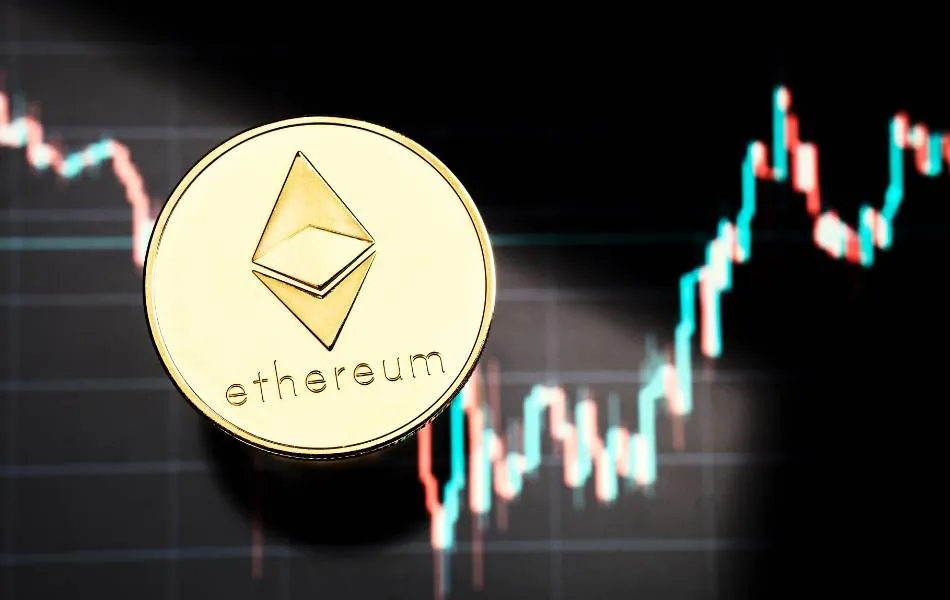In the ever-changing realm of digital technology, Ethereum has emerged as a formidable entity, transcending its origins as a cryptocurrency. As we traverse the landscape after Bitcoin’s initial surge, Ethereum’s ecosystem remains vibrant and dynamic, driven by a plethora of groundbreaking applications. This immediateunlock, an investment education firm, can further enhance your understanding of Ethereum’s potential and applications. This in-depth article aims to shed light on the diverse array of applications that are driving Ethereum’s expansion and cementing its importance in the realm of blockchain technology.
The Genesis of Ethereum
Before we explore the wide-ranging applications of Ethereum, it’s essential to gain a comprehensive understanding of its origin and purpose. Ethereum, a groundbreaking blockchain technology, originated from the visionary ideas of Vitalik Buterin back in 2013 and was subsequently launched in 2015. Its inception was driven by the aspiration to create a decentralized platform that transcends conventional digital currency transactions, providing a versatile ecosystem capable of supporting smart contracts and decentralized applications (DApps).
In essence, Ethereum represents a significant leap in the realm of blockchain technology, offering a framework that empowers developers and entrepreneurs to build innovative solutions beyond the limitations of traditional cryptocurrencies. It has become a foundational infrastructure for various sectors, paving the way for countless possibilities in finance, supply chain management, gaming, and many other industries. By delving into the applications of Ethereum, we can better appreciate its transformative potential across a multitude of fields.
Ethereum’s Role as a Smart Contract Pioneer
Smart Contracts: The Building Blocks of Ethereum
Ethereum’s success is fundamentally rooted in the concept of smart contracts, which are self-executing agreements where the contract terms are encoded directly into computer code. These smart contracts operate on the Ethereum Virtual Machine (EVM), a decentralized computing environment, allowing for trustless and automated transactions. Ethereum’s pioneering introduction of smart contracts has sparked a transformative shift in our perception of contractual agreements and has paved the way for the development of numerous innovative applications.
DeFi – Decentralized Finance
Ethereum plays a pivotal role in the field of decentralized finance (DeFi), which stands as one of its most notable applications. DeFi platforms harness Ethereum’s advanced smart contract functionality to facilitate decentralized lending, borrowing, trading, and yield farming services. These innovative platforms have the potential to reshape conventional financial systems by providing enhanced accessibility and transparency to users.
NFTs – Non-Fungible Tokens
In recent times, Ethereum has emerged as the go-to platform for the creation and trading of non-fungible tokens (NFTs). NFTs are distinct digital assets that cannot be divided and serve as proof of ownership for specific items, artworks, or collectibles. The utilization of Ethereum’s blockchain has established it as the primary choice for NFT enthusiasts, thereby paving the way for exciting opportunities within the digital art, creator, and collector communities.
Ethereum’s Expanding Ecosystem
Decentralized Applications (DApps)
Ethereum’s open-source architecture and robust support for Decentralized Applications (DApps) have been instrumental in nurturing a dynamic and expansive ecosystem. DApps, spanning diverse sectors such as gaming, social media, supply chain management, and healthcare, have flourished on the Ethereum blockchain. One of the key advantages of these applications is their decentralized nature, which not only enhances security but also fortifies resistance against censorship and centralized control.
Enterprise Solutions
Ethereum’s significance reaches far beyond the realm of startups and individual developers. It has garnered considerable attention from large enterprises, which are actively investigating Ethereum-based solutions to enhance various aspects of their operations. These enterprises are particularly interested in leveraging Ethereum for tasks such as optimizing supply chain management, enhancing identity verification processes, and streamlining cross-border payment transactions. The growing interest and investment from major corporations in Ethereum underline the platform’s resilience and its substantial potential for practical, real-world applications.
Challenges and Future Prospects
Scalability and Gas Fees
Ethereum has seen substantial advancements, yet it grapples with scalability issues, resulting in elevated transaction fees, known as gas fees, during periods of increased activity. Fortunately, Ethereum 2.0, a significant forthcoming upgrade, aims to tackle these challenges and shift towards a more eco-friendly proof-of-stake (PoS) consensus mechanism. This transition is expected to alleviate scalability concerns and enhance the overall sustainability of the Ethereum network.
Competition and Interoperability
In a competitive blockchain landscape, Ethereum faces rivals like Binance Smart Chain, Solana, and Polkadot. To secure its relevance, Ethereum must prioritize interoperability and collaboration with other blockchains. Interoperability ensures seamless data and asset transfers between networks, while collaboration fosters partnerships and shared standards, ultimately strengthening Ethereum’s position and contributing to the overall growth of the blockchain industry.
Conclusion
In conclusion, Ethereum has established itself as a standout player in the blockchain landscape, owing to its diverse range of applications. It was at the forefront of introducing the concept of smart contracts, which have become a cornerstone of blockchain technology. Moreover, Ethereum has played a pivotal role in driving the explosive growth of the decentralized finance (DeFi) and non-fungible token (NFT) markets, demonstrating its enduring capacity for innovation and its profound impact on the broader cryptocurrency ecosystem.

